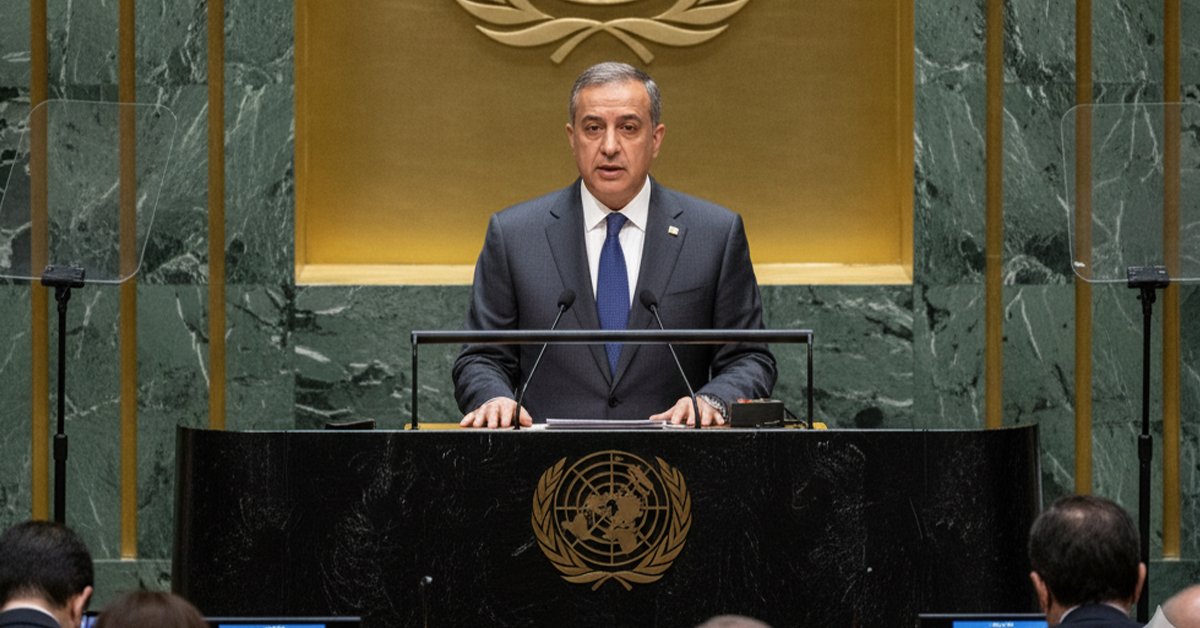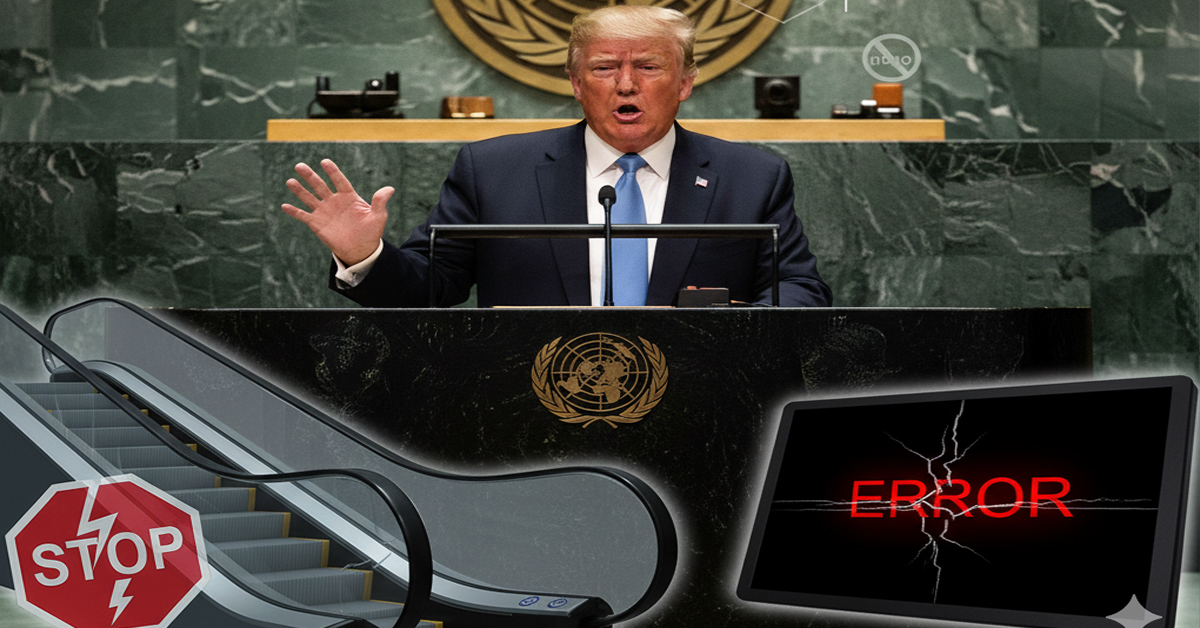In a moment of profound diplomatic and historical significance, Syrian President Ahmad al-Sharaa addressed the United Nations General Assembly on September 24, 2025. This marked the first time a Syrian head of state has spoken at the UN in nearly six decades, with the last appearance being in 1967 by former President Nureddin al-Attassi. The speech served as a powerful declaration that, following the collapse of the decades-long Assad dictatorship, Syria is officially re-engaging with the global community.
Al-Sharaa, one of the leading figures in the coalition that overthrew authoritarian President Bashar al-Assad in late 2024, used the nine-minute platform to draw a clear line between the nation’s “wretched past” and a hopeful, law-governed future.
A Plea for Renewal and Restoration
The core of al-Sharaa’s message was a commitment to national renewal and a direct appeal for international support. He stated that a nation of Syria’s ancient civilization and culture “deserves to be a state of law” and to experience prosperity and stability. The president outlined a forward-looking agenda built on three key pillars: balanced diplomacy, security and stability, and economic development.
Crucially, Al-Sharaa requested the immediate and complete lifting of all remaining international sanctions that were imposed during the former regime. He argued that these economic restrictions now only “shackle the Syrian people” and impede the country’s necessary reconstruction efforts. He also thanked a diverse group of international partners, including Turkey, Qatar, Saudi Arabia, the United States, and the European Union, for their support during Syria’s most challenging years.
Accountability and Regional Tensions
The address was also marked by a strong focus on accountability for the past. Al-Sharaa denounced the former al-Assad regime, accusing it of subjecting the Syrian people to severe oppression, chemical attacks, mass killings, and using the illicit drug trade (specifically Captagon) as a weapon against the Syrian people and the world. He pledged to bring to justice everyone responsible for the bloodshed and noted that fact-finding commissions had been formed, granting UN investigators access to probe past atrocities.
In navigating regional diplomacy, Al-Sharaa reaffirmed the new government’s commitment to the 1974 disengagement agreement with Israel. However, he also strongly condemned Israeli strikes on Syrian territory since the fall of Assad, warning that these policies “contradict with the international community’s support to Syria” and risk regional instability. He urged the international community to collectively guarantee Syria’s sovereignty and territorial integrity.
Al-Sharaa’s presence at the UN is widely viewed as a crucial step for the new Syrian government to legitimize itself on the global stage. It signals a dramatic end to decades of isolation and the beginning of a complex, difficult, but necessary transition toward a new political and economic reality for the war-torn nation.








